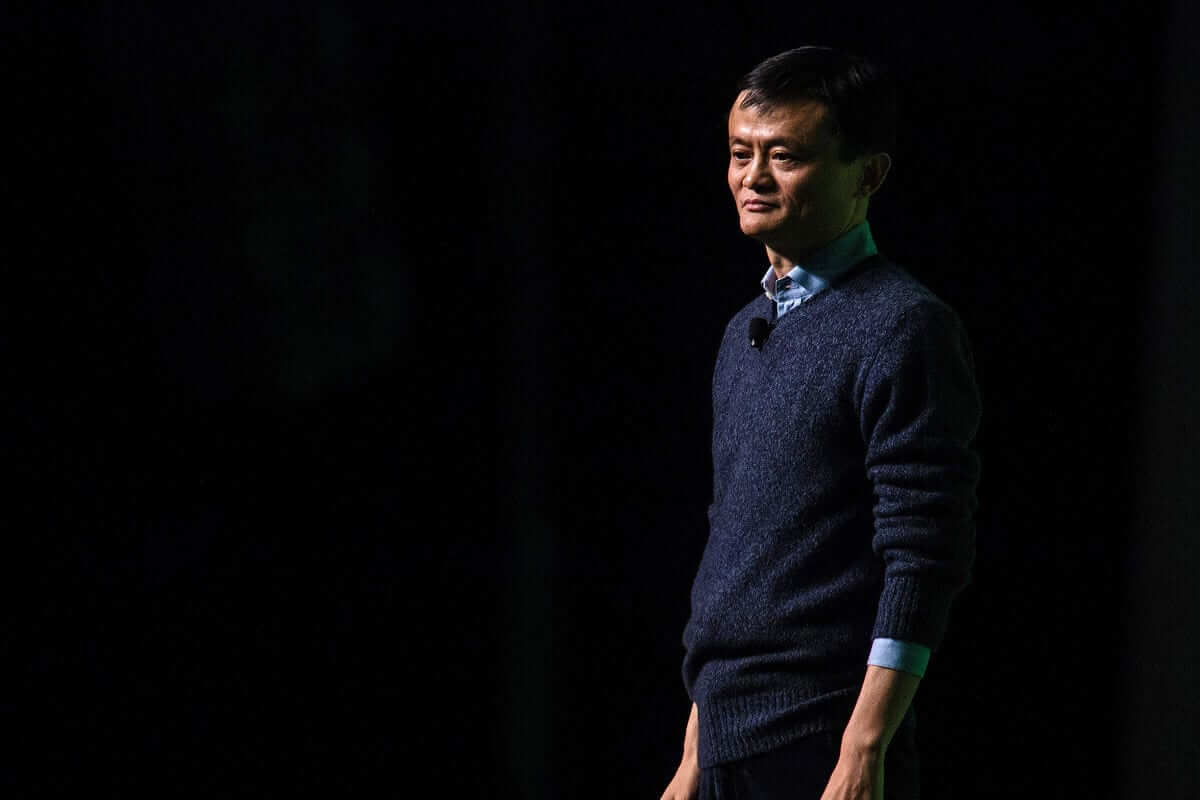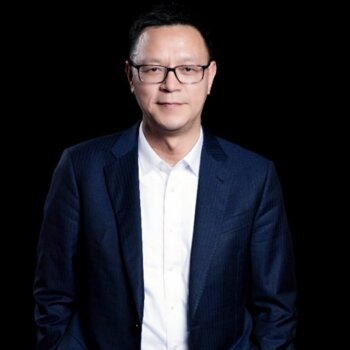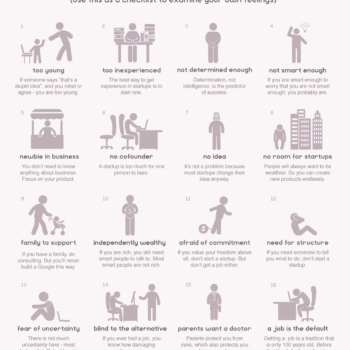Many people in the English speaking world are aware of the biographies and lessons of our great businesspeople—Steve Jobs, Rockefeller, Elon Musk. But many of us aren’t aware of their counterparts in Asia, which is a real shame. Asian businesses have been ascendant in recent years, surpassing even some of the West’s most successful businesses in power and influence. Who are the people leading these businesses and what do they have to teach us?
I’ve combed through the biographies of the executives of some of Asia’s most successful businesses, and compiled a few lessons to help you think like a CEO.
Process is everything
Executive to learn from: Sakichi Toyoda, founder of Toyota Motors
Sakichi Toyoda was the Japanese inventor who founded the automotive company that still bears his name. The Toyota Motor company not only revolutionized the automobile industry—disrupting the American-dominated industry in the 20th Century by offering well made cars at reasonable prices—but also the ways in which businesses analyze and improve their processes.
Under Toyoda’s guidance, his company developed many sophisticated process-improvement techniques that are still used by companies today. They came up with what is now known as the “5 Whys”, where you analyze a business problem by asking “why” five times, to figure out the root cause of that problem—and not just some underlying symptom.
Many of Toyoda’s techniques have been compiled into a system called Lean Manufacturing, which has been incredibly influential not only in manufacturing but also the world of software development. This system teaches us that standardizing business processes and constantly seeking to improve them is the foundation of any successful business.
Find a strong mentor
Executive to learn from: Jack Ma, founder of AliBaba
In 1999, Jack Ma founded Alibaba, an online marketplace that serves primarily the Chinese market, which some have described as the Chinese equivalent of Amazon. He is now one of the richest men in the world, and one of the most influential citizens in China.
But astronomical success in business was never a forgone conclusion for Ma. For many years he struggled to get a job, later spending a number of years as a humble instructor of English. One of the keys to his success was the help and support he received from one of his mentors, David Morley, an Australian man who spent some time in China. Morley struck up a correspondence when Ma was 12, which improved Ma’s English skills, and even helped Ma secure his first apartment in China.
The power of an effective mentor cannot be overstated. It was integral in the life of Jack Ma, as well as many other successful business leaders. If you don’t have one, get a mentor now! And if you don’t have a mentor to guide you, you can always get a coach to help you instead.
Be biased toward action
Executive to learn from: Mukesh Ambani
Mukesh Ambani routinely comes in first place in rankings of India’s richest citizens, and is managing director of Reliance Industries Limited, one of India’s richest companies.
A turning point in Ambani’s life course came while he was studying for an MBA at Stanford’s business school. While Stanford has one of the best business programs in the world, and most people would beg, borrow, or steal to get a degree from it, Ambani dropped out before he could finish his studies. He had a good reason to. He began working for his father to build Reliance into one of the most successful companies in the world.
The lesson we can draw from this is simple. No matter how good a school is or how good a credential looks on your resume, it will never be as good as a good business opportunity and concrete experience.
Be wary of your competition—Even when you’re at the top
Executive to learn from: Robin Li, CEO of Baidu
Like Alibaba, Baidu is one of China’s most successful internet businesses. The company has a stranglehold over the internet search field in China (not unlike Google’s position in the rest of the world.) Its CEO and founder, Robin Li, is a billionaire many times over.
These facts could make anyone complacent. But not Li. In recent interviews, he’s borderline paranoid about newer, more agile startups taking Baidu’s place in China’s internet landscape. He said:
“In regard to those (startups) you think are nothing and haven’t been paying attention to, your judgment might be wrong,” Mr. Li said. “They could be growing bigger and getting closer to your core business — and they might eventually subvert you.”
Knowing who your competition is and what they can do is a fundamental task of any business leader. Li understands this perhaps better than anyone—which is why he’s at the top of his field right now.
Failure is merely a stop on the way to success

Executive to learn from: Jack Ma
This last lesson comes once again from Jack Ma. His life is a study in how to overcome failures—to turn the indignation of rejection and losses into motivation to succeed.
Over and over again, Ma faced setbacks that impeded his path to becoming one of China’s leading business men. Before attending a university in China, Ma failed the Chinese university entrance exams three times—three times! —before finally passing.
After graduating from college, Ma applied to 30 jobs and was rejected by each and every one. 30 jobs! One of the jobs included a KFC, where apparently 24 people applied and, “Twenty-three were accepted. I was the only guy who wasn’t,” Ma said.
Every successful person knows that failure lines the path toward victory. Every door that closes reveals another, better path forward. What truly sets apart great, successful people from the rest is in how they deal with failure. Some people when encountering failure will despair, folding like a house of cards. But others learn lessons from failure and use those lessons to become a better person. Jack Ma seemed to learn this lesson early on, which is why he has had great success in business.

































